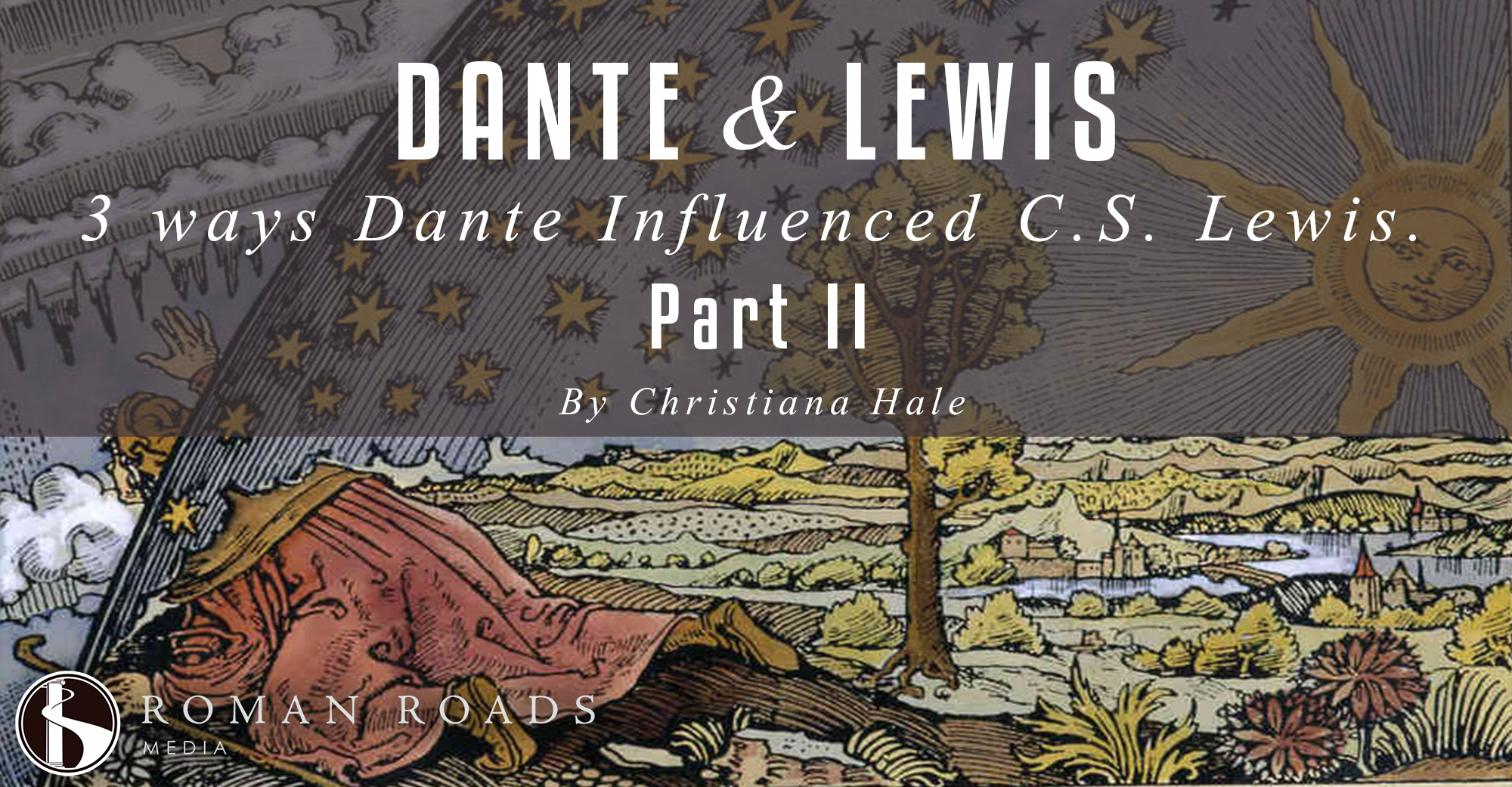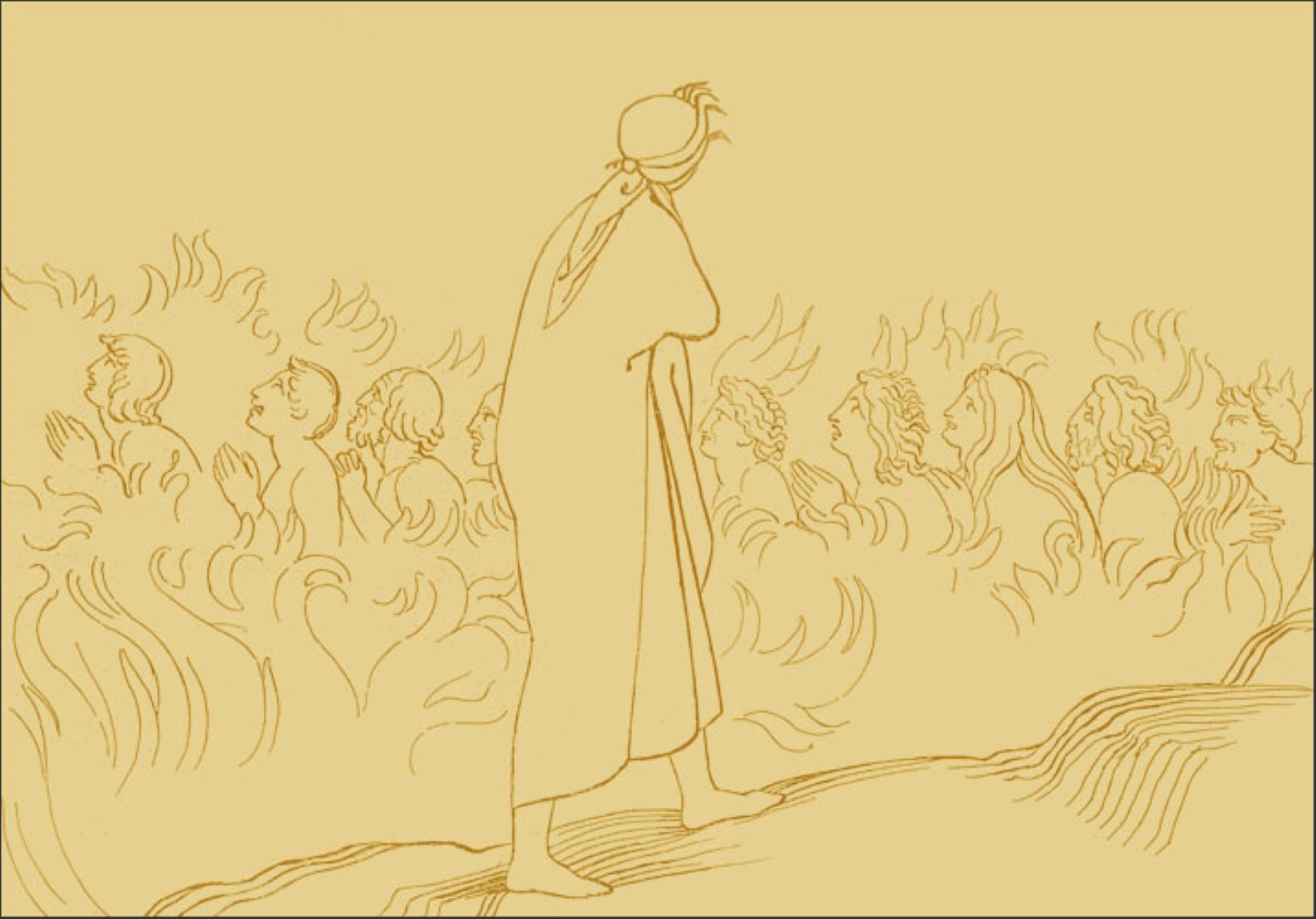“You know that invigorating almost galvanizing rush through your body you get when you stare vehemently into a blazing, pulchritudinous fire, that moment of intoxicated excitement that feels almost mesmerizing. Or, the feeling when you strike a match and it makes an expeditious roaring noise before it gradually quiets down to a small, but steady flame with much menacing potential? That’s how I describe love. It starts as a minuscule, innocent cinder that has the abeyance to turn into a breath taking, overpowering wildfire. We all know it’s perilous, but it’s all worth the risk to be a part of such a prepossessing few moments. Love has risks, it could start out as the inconsequential ember of a carefully lit match, but burned out from lack of care. It is painful, especially if it seemed once as perfect, but it’s part of life and learning to love. But occasionally there’s that one perfect strike of a match, that miraculous, exceptional flame that gives that perfect balance of warmth and light to guide your once dark paths, but still makes you take risks to stare deeper in the flame. When you find the person who makes the ember in your soul turn into a wild fire and never lets it burn out, hold on to them, you know it’s love.” —ZahideGashi, “Beauty Awakens the Soul to Act,” Tumblr, 2016 (retrieved March 28, 2024)
“3 More Ways Dante Influenced Lewis | Part II”
“If you read my last post and are ready for more specifics on the ways in which C.S. Lewis was influenced by Dante Alighieri’s Divine Comedy in the writing of his Ransom Trilogy, you have come to the right place. The first part of this post can be found here and I do recommend reading that first by way of introduction. And off we go!
“Devils in Disguise: Hell on Malacandra As I said in part 1 of this post, there is a sense in which the trajectory of the Ransom Trilogy both parallels and contrasts that of Dante’s Comedy. Heaven and Hell each get thicker as you go through the Trilogy until they meet, at last, on the Silent Planet in the third book, That Hideous Strength. In this part, however, I am focusing on the parallels between the Inferno, Purgatorio, and Paradisio that exist with each book of Lewis’ trilogy.” —Christiana Hale, “3 More Ways Dante Influenced Lewis | Part II,” Roman Roadspress, June 26, 2015 (retrieved March 26, 2024)
“Lenten Meditations on Purgatorio: Lust,” Darwin Catholic Blogpost
“Canto 24 is taken up with the climb of the three poets from the terrace of greed to the terrace of lust, and an extended conversation they have along the way in which Statius explains for Dante’s benefit the relationship between the physical body and the soul (according to a mix of theology and Aristotelian biology) and how this accounts for the fact that the bodies of the souls in purgatory cannot die yet can suffer the visible deprivations of hunger. This is a sort of Aristotelian SciFi element to the Divine Comedy which, though doubtless fascinating to its medieval readers, often give the work a reputation for being hard to understand among 20th century readers. —Darwin, “Lenten Meditations on Purgatorio: Lust,” Darwin Catholic, April 2, 2009 (retrieved March 20, 2024)
“A Journey Through Hell, Purgatory and Heaven for the Living,” The Wall Street Journal Article
“T.S. Eliot said: “Dante and Shakespeare divide the world between them. There is no third.” Hamlet speaks of the afterlife as “the undiscovered country from whose bourn no traveler returns.” Dante Alighieri (1265-1321) attempted to trace the boundaries of that country for us in his “Divine Comedy.”
[. . .]
“We see through Dante’s camera-like eye. “Inferno” focuses on unrepentant sinners afflicted in various scenes of punishment. The violent are burning, while others swim in boiling blood. We view the false flatterers of Earth—in Hell condemned to eat their own excrement. Each sinner’s punishment corresponds to sins uncorrected during his or her life. The lens then focuses on Satan, Hell’s center, “the Emperor of the dolorous realm.”
[. . .]
“Entering Purgatory the poetry too becomes brighter, more lyrical. It’s a “roseate dawn”; the planet Venus comes into view. Having brought us through Hell, Dante soothes our pain with a comforting line that in difficult times often comes to my mind—”To course o’er better waters now hoists sail the little bark of my wit, leaving behind her a sea so cruel.”
[. . .]
“In “Paradiso” the panorama is all light and perfectly ordered. Here every soul is at home, utterly happy in the celestial hierarchy.
[. . .]
“Unlike stone, a poem is alive. His “Divine Comedy” breathes as a kind of Third testament metamorphosing man into the eternal. —Patrick J. Walsh, “A Journey Through Hell, Purgatory and Heaven for the Living,” The Wall Street Journal, April 22, 2022 (retrieved March 20, 2o24)
“The Divine Comedy is the most practical Great Book ever written”

“The Commedia has to be the most practical Great Book ever written. Dante the poet wrote a letter to a friend in which he said he created the Commedia to help his readers understand why they suffer, and how they can be released from that suffering, because he too had been on that trail of tears, which God turned into a road that bound him for glory.
“Dante’s method works, and it works because his extraordinary poem, seven centuries old, is not really the pilgrimage of an exiled Tuscan through the afterlife, but a journey for every reader into his or her own heart — as it is, and as it can be through the astounding grace of God.” —Rod Dreher, “The Divine Comedy is the most practical Great Book ever written,” National Review, March 31, 2015 (retrieved March 20, 2024)
- 1
- 2
- 3
- …
- 20
- Next Page »




